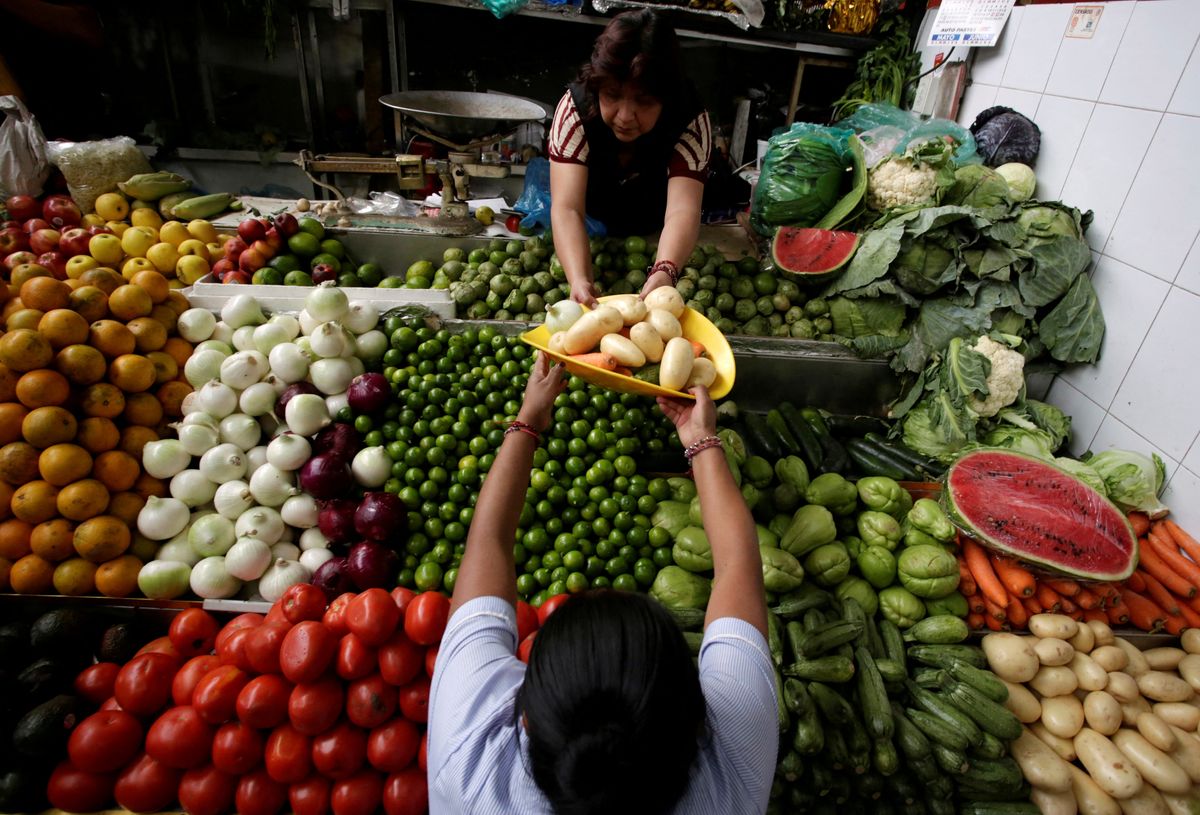Being a vegetarian might be influenced by your genes
Researchers were able to determine that your genes could be contributing to whether or not you’re well-suited for vegetarianism.

A few minutes every morning is all you need.
Stay up to date on the world's Headlines and Human Stories. It's fun, it's factual, it's fluff-free.
Cutting meat out of your diet is a big decision. Vegetarianism and veganism can be challenging lifestyles to stick with, especially in certain cultures and regions. But can your genes also play a role in whether you can go entirely meatless? Or is it all about outside factors and willpower?
On Wednesday, a new study was published in PLOS One that explores genetic factors for living with these types of diets long-term. Researchers were able to determine that your genes could be contributing to whether or not you’re well-suited for vegetarianism.
“At this time, [what] we can say is that genetics plays a significant role in vegetarianism and that some people may be genetically better suited for a vegetarian diet than others,” says lead study author Dr. Nabeel Yaseen, a professor of pathology at Northwestern University.
Just because you want to stop eating meat for health, climate, cultural, ethical or other reasons, that doesn’t mean you won’t face challenges following through with that goal. Dr. Yaseen’s team decided to dive into genetics as a possible reason why that happens. They compared the DNA of around 330,000 people, including 5,324 vegetarians who’d been following the diet for at least a year. The team picked up on 34 genes that might have to do with vegetarianism, with three that are more directly linked. Of those three, two are related to fat metabolism. But, because humans have thousands of genes with millions of DNA variations, it’s hard to fully decipher exactly what’s going on.
"One hypothesis – which is highly speculative – is that maybe there's a lipid nutrient, or nutrients, in meat that some people need and others don't," Dr. Yaseen suggests. So, there could be some kind of fat in meat that some people need more of and which they crave.
“The study highlights the intricate connection between our genes and our dietary choices, suggesting that in the future, we might have more personalized dietary recommendations based on genetic predispositions,” says Dr. José Ordovás, the director of nutrition and genomics and professor of nutrition and genetics at Tufts University (not involved in the study).




Comments ()